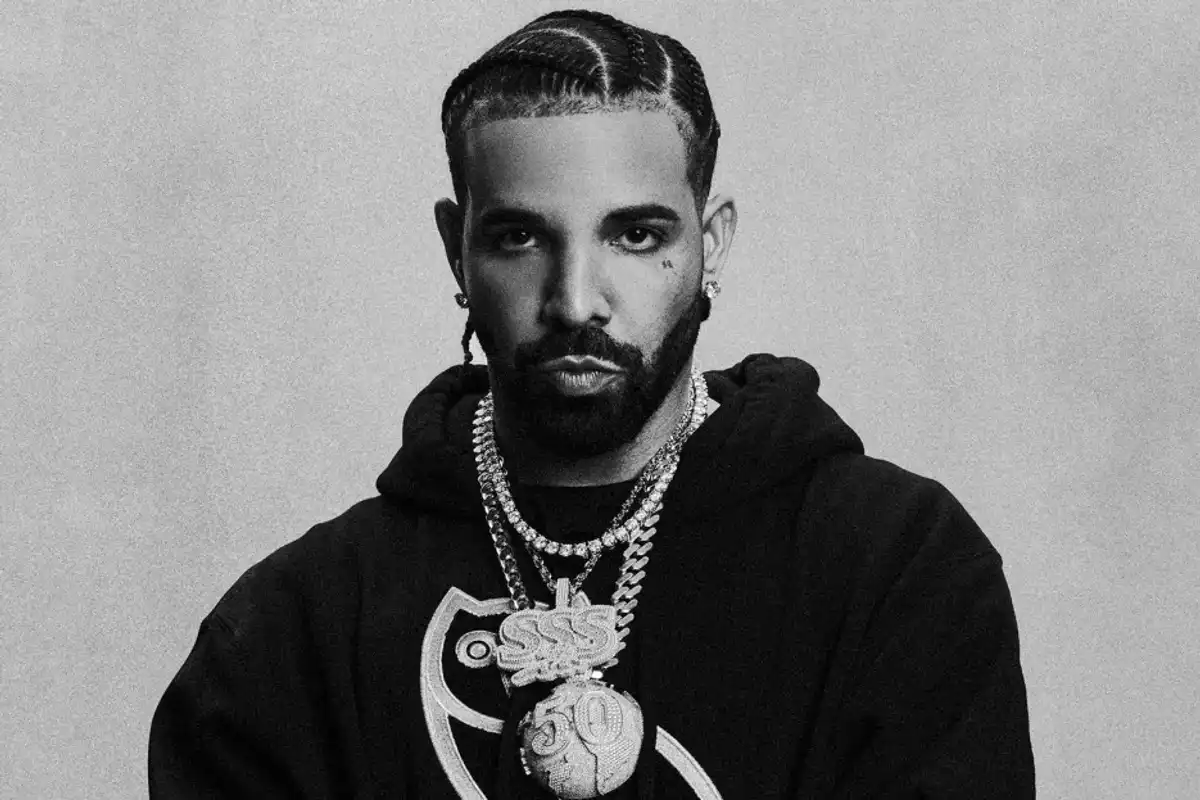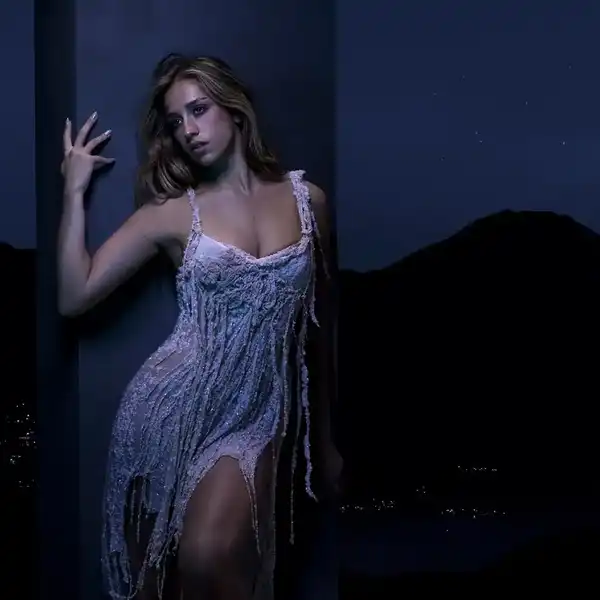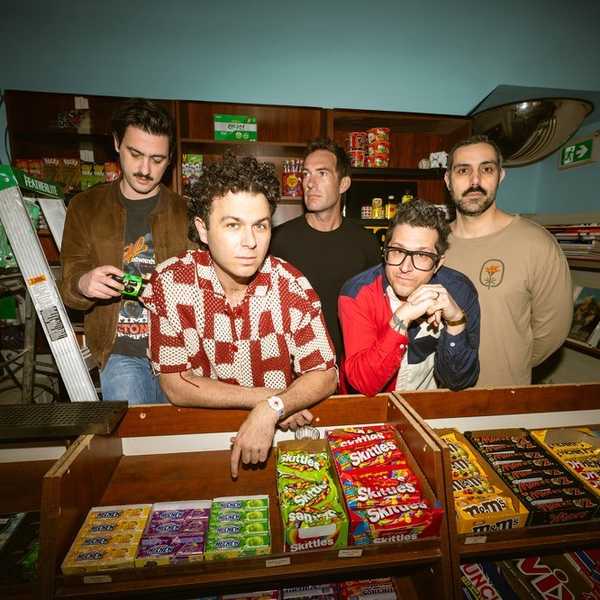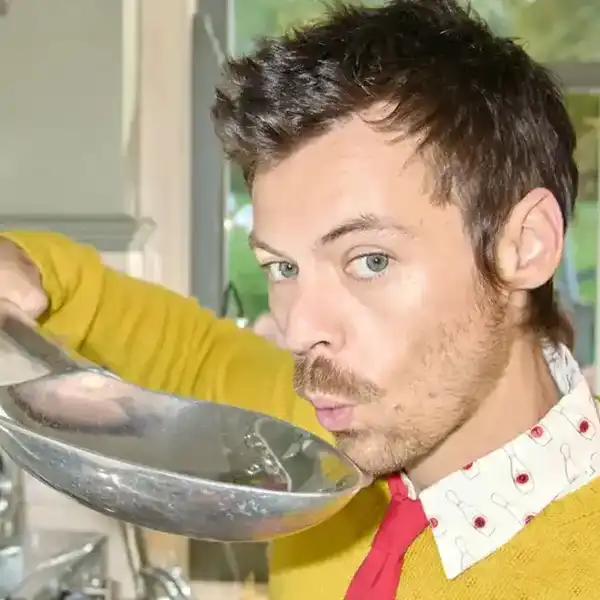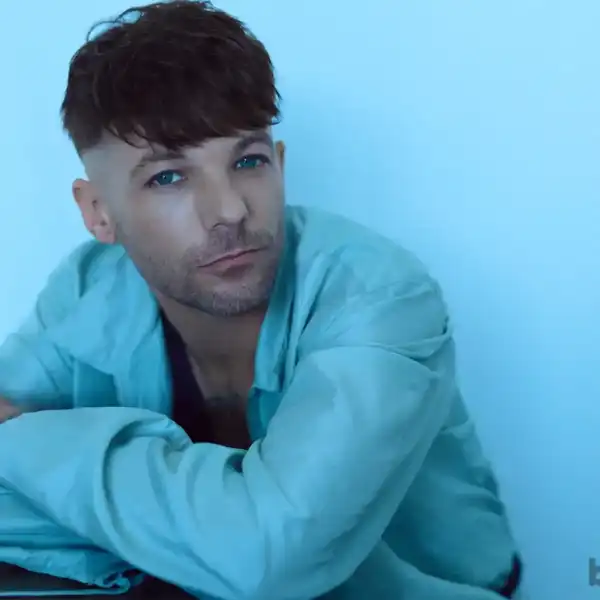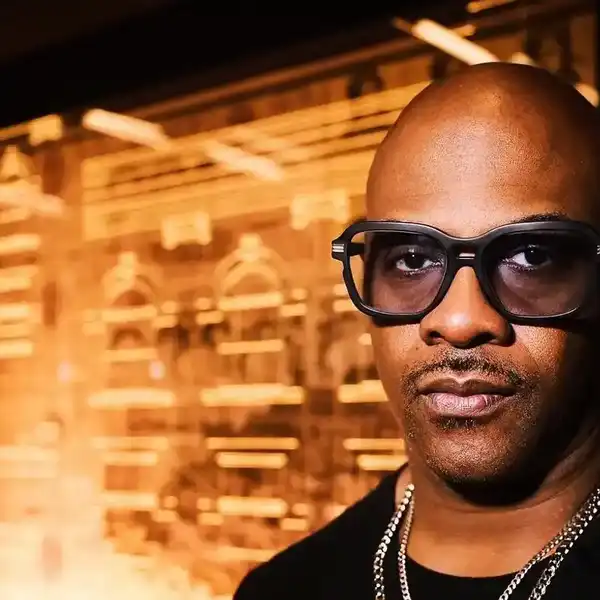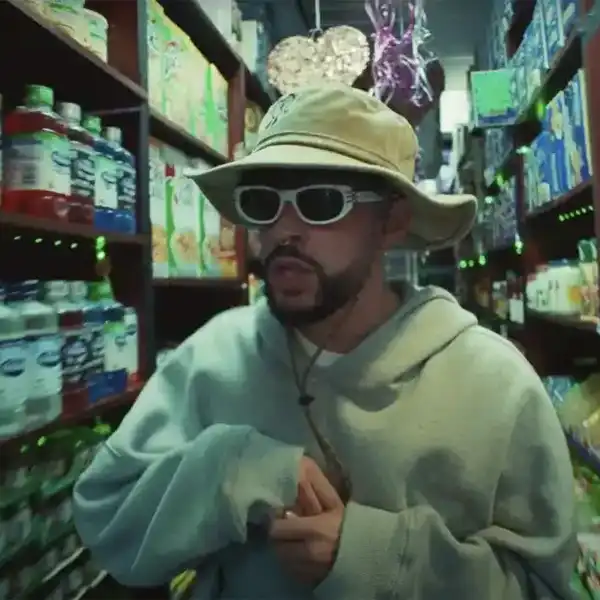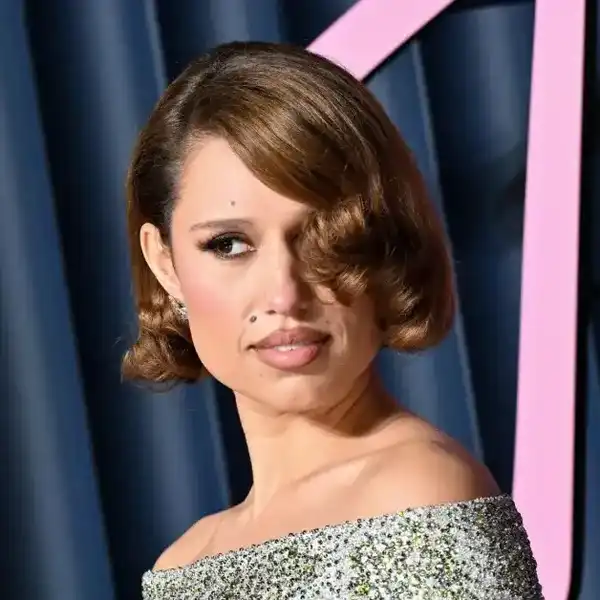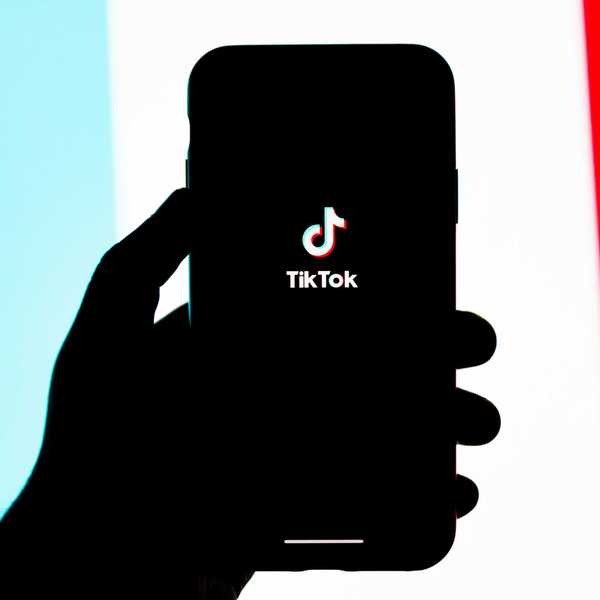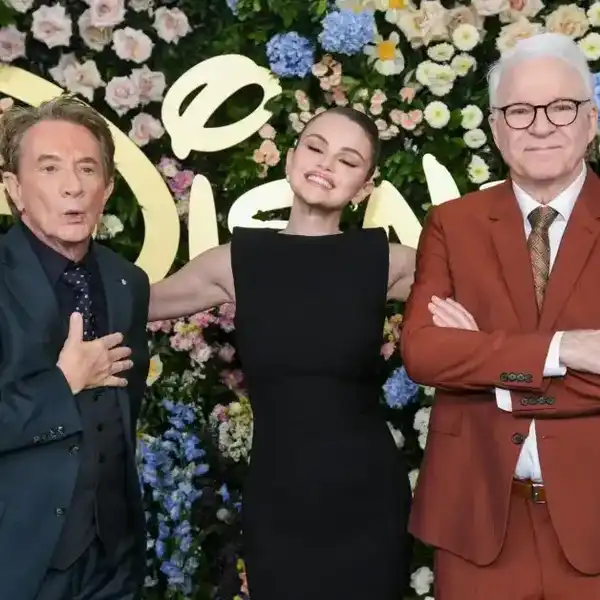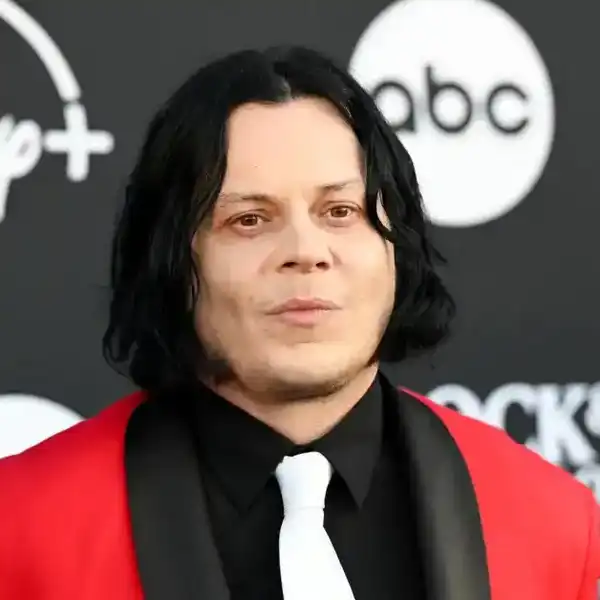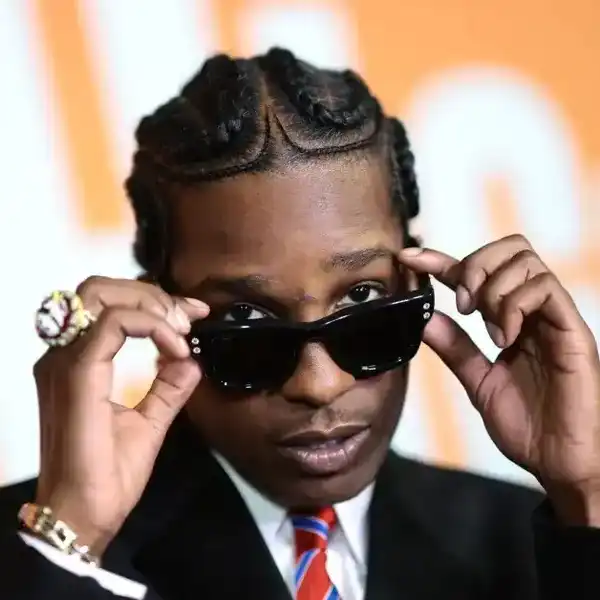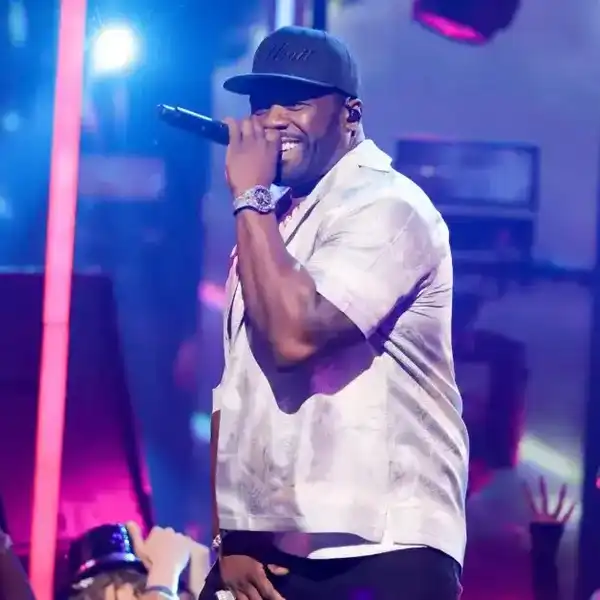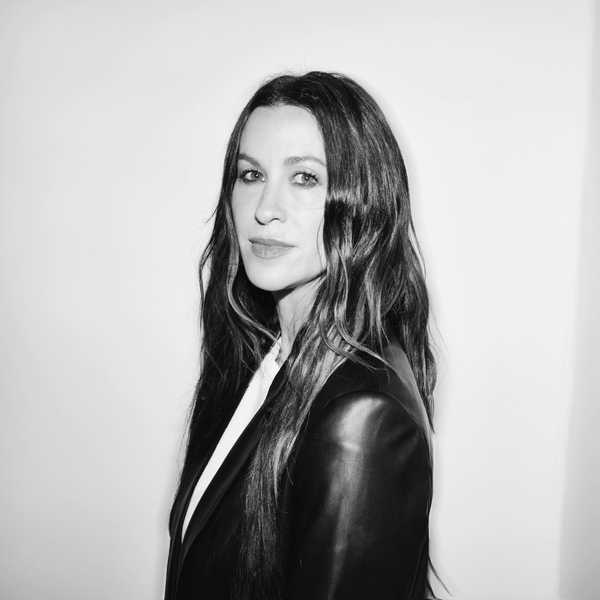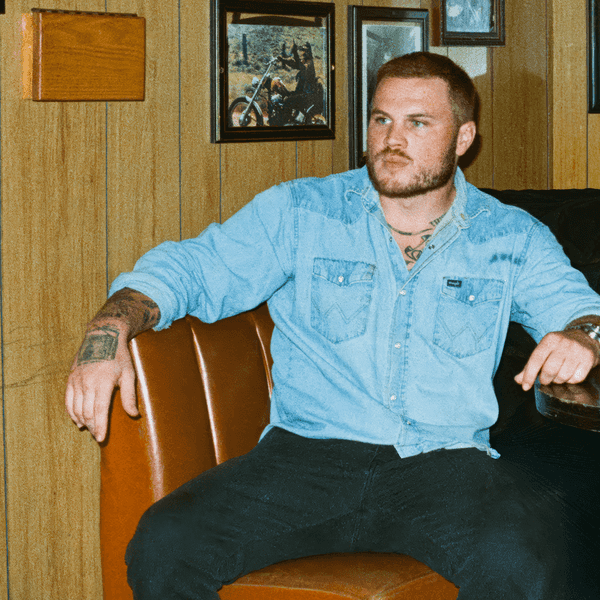Five Questions With… Danielle Duval
The Montreal indie rocker incorporates more electronic elements on her new album Lose It. It is a record that cuts deep to dig deep, she explains.
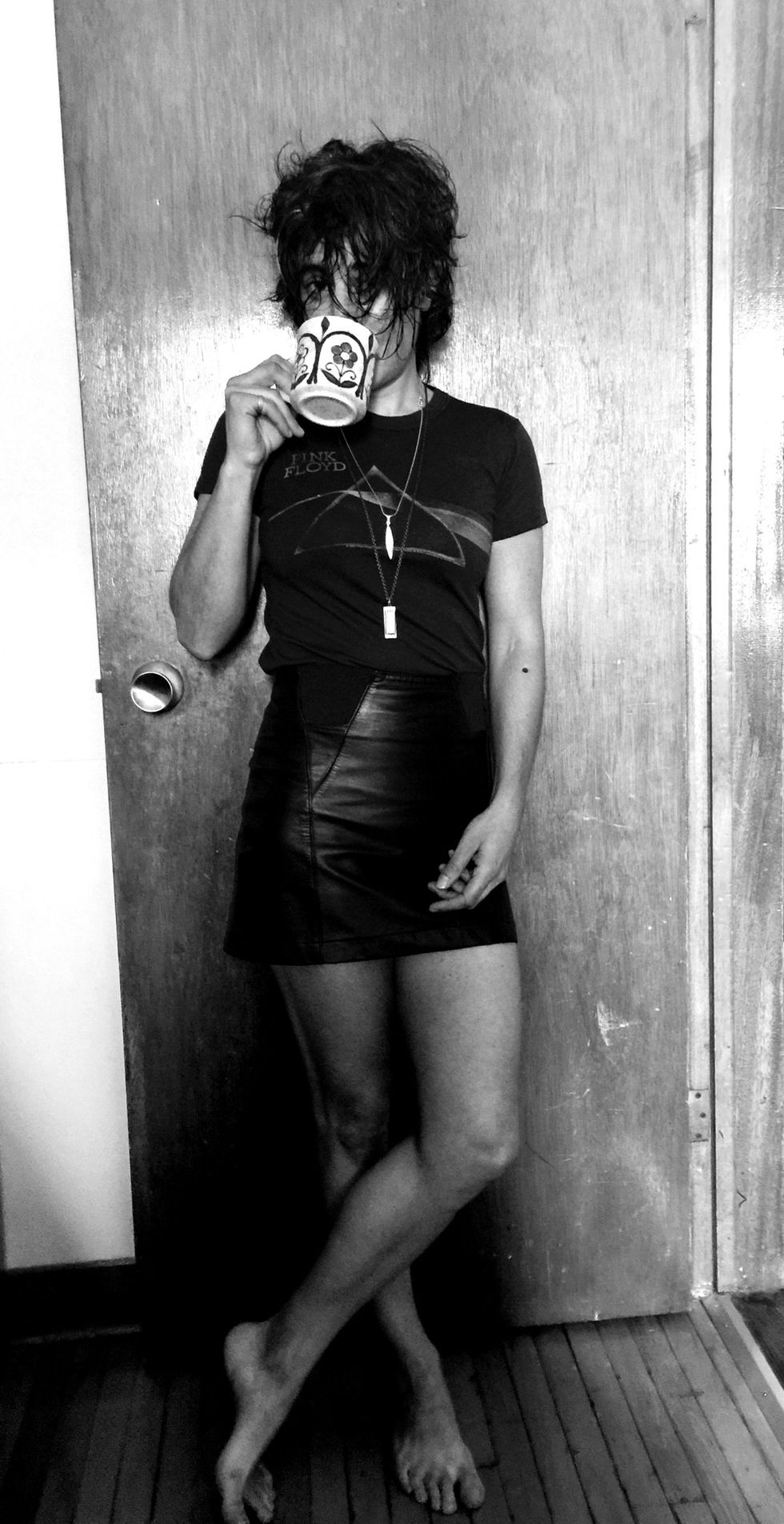
By Jason Schneider
On her just-released new album Lose It, Danielle Duval dives deeper into the electronic influences that have made her one of the more eclectic and compelling voices on the Canadian indie rock scene since 2007.
Back then, the Montreal native caught the attention of music fans and industry folks alike with her self-produced debut EP, L’Étranger, which featured a sultry rendition of the Grease anthem “You’re The One That I Want.” The track ended up landing on David Duchovny’s cult TV series Californication, setting the stage for Duval’s 2011 full-length debut, Of The Valley, produced by Carlin Nicholson and Mike O’Brien of Zeus, which drew comparisons to Patti Smith and Joan Jett.
Further collaborations with CanRock heavyweights such as Sam Roberts and Jason Collett followed, along with a national tour supporting Serena Ryder. Now, with Lose It, Duval is poised to firmly stake out her territory with a dynamic new approach to her songwriting. For more info go to danielleduval.com
What makes Lose It stand apart from your past work?
This album stands apart from my debut in a massive variety of ways, but I'd say the biggest clincher for me is the lyrics. I have a large, thick moleskin notebook for each song; every inch of every page of each book is filled with a hailstorm of lyrics. I've always been into writing as an art form, but for some reason when it came to writing words to songs, I was still extremely cryptic. It’s definitely because I knew I'd be singing them in front of people, and that kind of vulnerability terrified me. I finally realized I wasn't serving myself or anyone else by holding back so much. The greatest challenge is to be clear and emotional, to keep the poeticism, and to simultaneously not be cheesy. I think I got there. It cuts deep to dig deep, but it was high time to tell the stories I needed to tell, and now I can stand by the songs in a way I never could before.
What songs do you feel best capture your current musical vision?
We had definite ideas about what we wanted to create with the new sound, and we made sure each song fits within that realm. Any songs that did not match the vibe were dropped. I know a lot of people don't listen to full albums anymore, but it was necessary to us to stay close to the theme and to maintain the essence of as much of a concept album as we could muster. We wanted an album where each song has its independent voice, but also an album where each song ties into the next. There are definitely common themes prevalent in all the songs. That's all I'll say for now; I like to leave things up to the imagination.
How are you planning to present the new album live?
We perform the new album live with traditional punk-pop instrumentation. We still rock straight up guitar riffs, thumping bass lines, heavy beats, and signature melodic harmonies, but now there are electronics involved in the new songs, like true vintage arpeggiators, synthesizers, samplers and drum machines. We also perform to some backing tracks, thanks to our programming gurus Matthew Maaskant and Simeon Abbott. Some of the synths used on the record are exceptional—they're worth more than a house in Toronto—and something like 300 of them exist in the entire world. Thus, those are not hitting the road. At the same time, it's important to us to remain faithful to our indie-rock roots. Like, if all the machines went down, the songs would still come through as we perform them, so we keep the backing tracks down to the essentials. The backing tracks act as more of an injection of energy and colour to our sound; it's not something we rely on as a band, it's just an added dimension we can have fun with.
What are your fondest musical memories as you were growing up and what do you recall about your first time performing in public?
My best memories were family parties when all the guitars and harmonicas were busted out, and the air-guitar ABBA cover band my cousins, and I started. My first public performance was a nightmare—except that it happened. I went to an all-girl private school in Montreal, and in Grade 9 I decided to perform in the Christmas Pageant Talent Show in front of every staff member, and every young virginal mind from kindergarten a to Grade 11. My dad had recently bought a white Fender Telecaster, and I was learning how to play Guns ‘N Roses songs.
The first song went off without a hitch; then I slid my capo onto the wrong fret. When realized my drastic mistake, I said, “oh shit” directly into the microphone with perfect projection. I just as quickly realized my epic fail of swearing, and followed that one up with an “oh fuck,” with even more gusto! At that point, I looked into the ocean of faces, which mere minutes before had been smiling and innocent, and observed in extreme slow motion how they turned into a sea of dropped jaws onto the cracked wood of the sweat-stained gym floor.
What song in your catalogue means the most to you and why?
I’d say “Part Of You,” from the new album. It was the very first time I sat down to write a song that has a very clear message with lyrics and a melody that matched that message in a profoundly direct way. That to me is the greatest achievement as a songwriter. One of my producers, Werner F -- not usually a man of many words -- kind of shook me one day and said in a kind, but stern way, “Your job as an artist is to walk barefoot over the coals and to come back and tell people about it.” So that's what I did, and that's exactly how it felt. When I got back home from that session, I wrote “Part Of You” in half an hour. The song is about losing my dad suddenly. I can't play it without feeling a flood of emotional explosions in my guts, and I can't play that song in a room full of people without every single person dropping tears.

